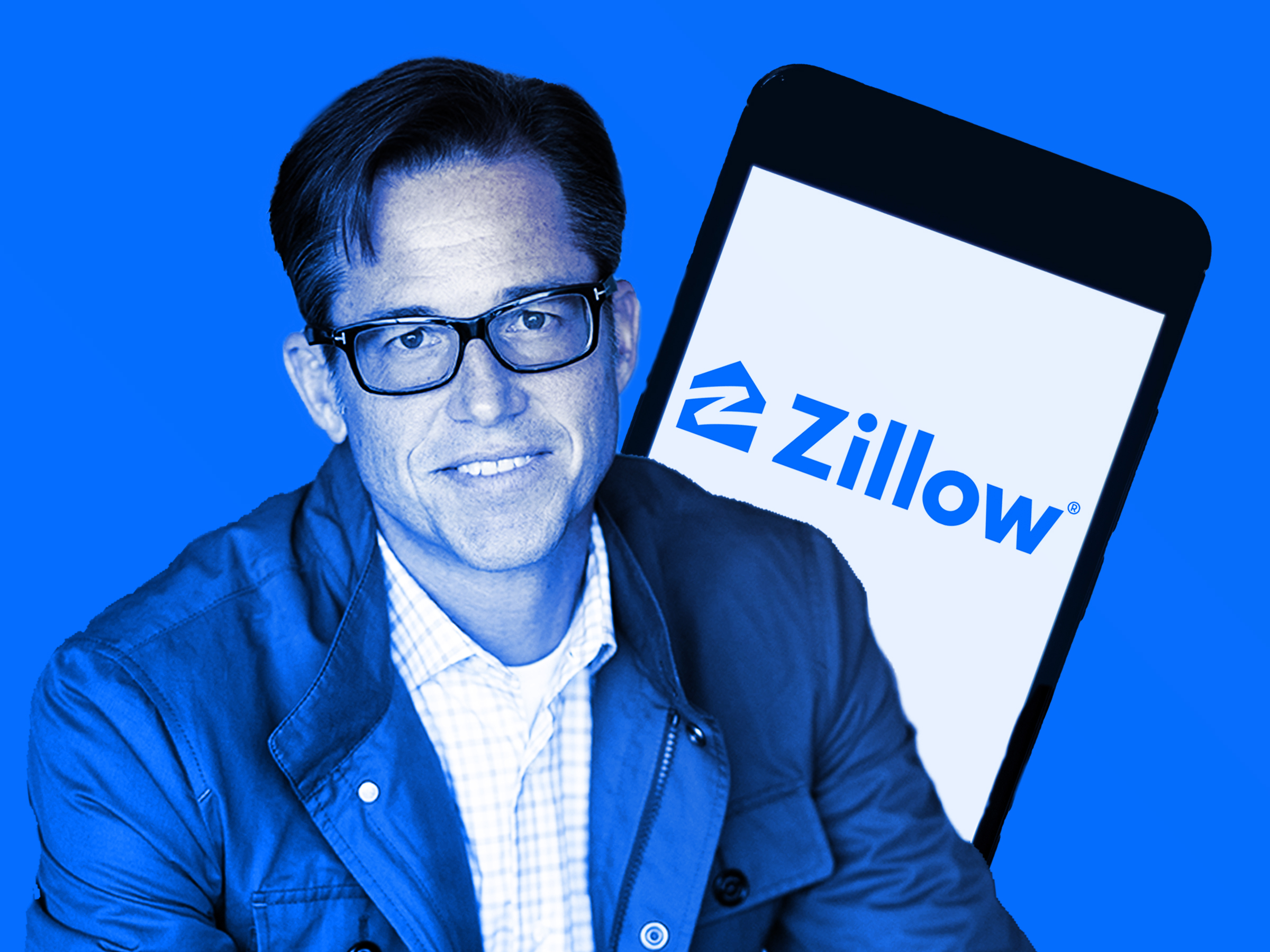- Rich Barton, the founder and CEO of Zillow, became a billionaire after the homebuying site stock surged on a strong earnings report, Forbes reported on February 20.
- Barton led Zillow – which is best known for its suite of real-estate websites including Trulia, HotPads, Naked Apartments, and Streeteasy – to expand into buying users’ homes on-demand.
- Barton also founded travel booking site Expedia while working at Microsoft in the 1990s and cofounded workplace review platform Glassdoor during a nine-year hiatus from Zillow.
- Visit Business Insider’s homepage for more stories.
Zillow CEO Rich Barton has made a career of disrupting closed-off industries on the internet.
First, he undermined airlines’ and travel agents’ control of the travel industry by launching Expedia; then, he gave homeowners access to information about housing stock and property values that was once closely guarded by real estate agents; and later, he helped job seekers share their salaries and workplace horror stories anonymously with Glassdoor, Forbes reported.
Now, Barton is a billionaire, according to Forbes estimates. Shares of the homebuying site surged on February 20 after it posted a strong earnings report the previous day, reportedly vaulting Barton into the three comma club.
A representative for Barton at Zillow declined to comment on Barton’s net worth; career at Expedia, Zillow, and Glassdoor; or personal history.
Keep reading to learn more about one of America's newest tech billionaires.
Rich Barton, 52, began his career in consulting after graduating from Stanford.

Barton was born in New Canaan, Connecticut, according to Encyclopedia Britannica.
Barton now lives in Seattle with his wife Sarah, Forbes reported. The couple met while Barton briefly worked in Boston, where Sarah attended medical school. The pair have three children.
Barton dresses like "a 1950s sitcom dad - glasses, preppy haircut, V-neck sweater," The Atlantic's Kevin Maney wrote after interviewing him in a coffee shop in 2010. The New York Times described him as "tanned and athletic." He also prefers to go barefoot, according to Forbes.
Barton founded travel booking site Expedia while working at Microsoft.
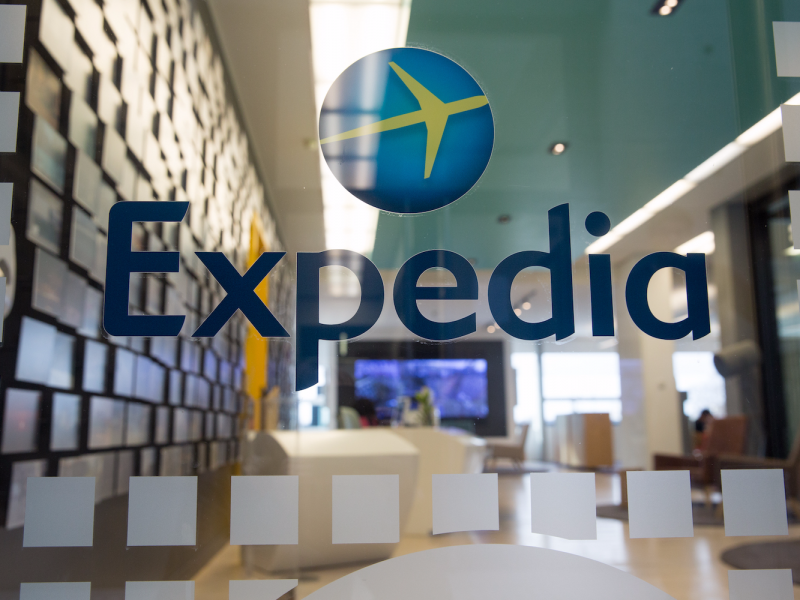
He was a product manager for Microsoft's Windows operating system, according to Encyclopedia Britannica. Barton told Forbes that he was recruited to Microsoft by a friend, and that he'd hated his consulting job. Barton was later assigned to work on a project for a CD-ROM based travel guide, which helped give him the idea to create a travel booking system that later became Expedia.
Microsoft's then-president Steve Ballmer originally envisioned Expedia to be sold on CD-ROMs, but it was Barton's idea to put the service online, according to Forbes. The site was an instant success, and Microsoft eventually spun it out as a separate, private company. It went public in 1999, when Barton was 27, Forbes reported.
Expedia was later acquired by IAC chairman Barry Diller in 2001, who appointed now-Uber CEO Dara Khosrowshahi as chief executive in 2003, according to Forbes.
Forbes also reported that Expedia made Barton quite wealthy, but did not disclose how much he made from the sale.
Barton's bad house-hunting experiences gave him the idea for Zillow.
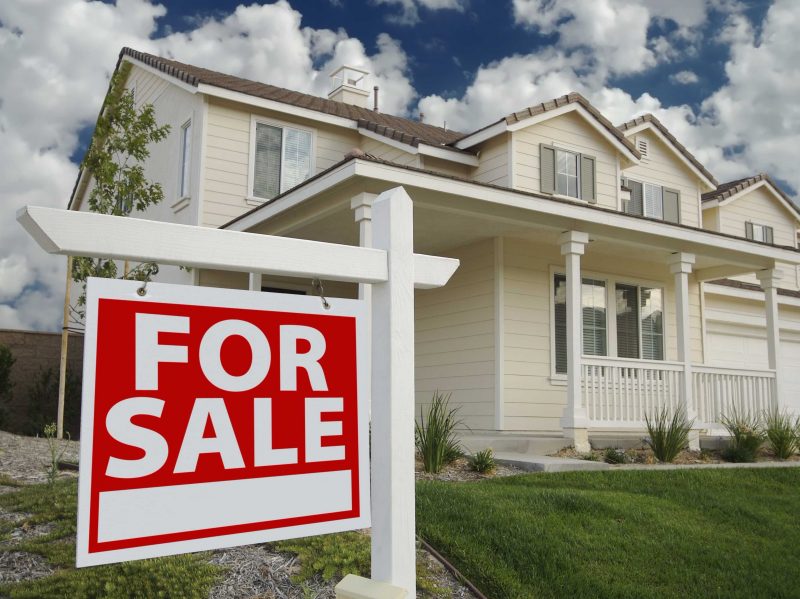
"[The web] was giving consumers access to information and databases that they knew existed because they either saw or heard professionals over the phone clacking away on a keyboard accessing that information," Barton told Wired in 2013. "I remember I wanted to jump through the phone and look at the screen myself, turn it towards me and just take control."
Zillow was founded in December 2004 and officially launched in 2006, Forbes reported. Both Barton and his Expedia colleague Lloyd Frink invested $5 million into the company, a representative for Zillow told Business Insider.
Barton often collaborates with original members of the Expedia team, The New Yorker reported; he cofounded Glassdoor with another former Expedia executive. The New Yorker's Lizzie Widdicombe described them as "a genial group that reminded me of the all-male crew of actors who regularly work with the movie director Judd Apatow."
Zillow was a near-instant success, according to Encyclopedia Britannica. Zillow's Zestimates, or computer-generated estimates of a particular home's value, are its most popular feature, according to Encyclopedia Britannica.
Barton originally left from Zillow's C-suite in 2010 but reclaimed his role as chief executive nine years later.
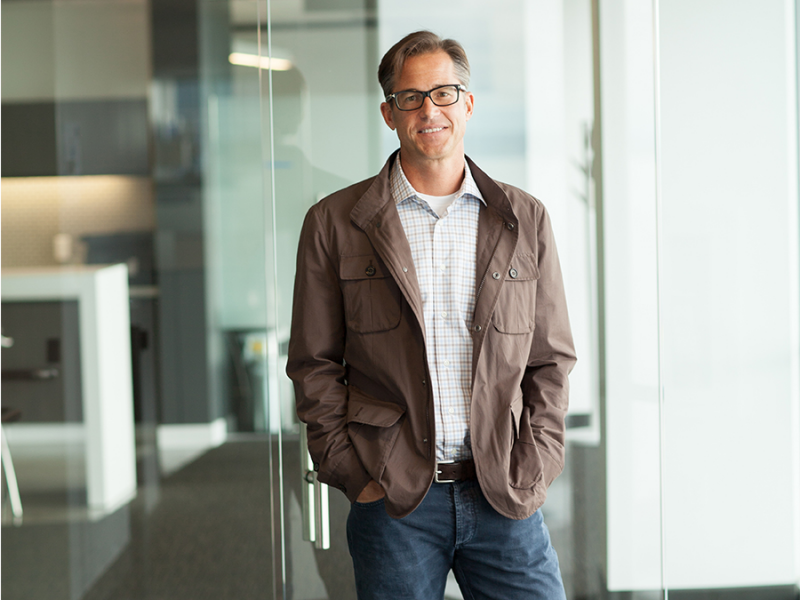
Barton did not want the responsibility of running a public company, so he stepped down as CEO in 2010, according to Forbes. Barton told Forbes that he spent his newfound free time snowboarding and cooking for his three children.
During Barton's hiatus, fellow Zillow cofounder Spencer Rascoff served as the company's chief executive, while Barton was the executive chairman.
Barton returned the role of CEO to lead Zillow, shortly after it launched a new initiative called Zillow Offers that buys users' homes on the spot before repairing and reselling them, according to Forbes. The program is a pet project of Barton's. Bloomberg's Patrick Clark called it a "moonshot effort," reporting that the company's investors were "skeptical."
Barton isn't afraid of taking risks, which has led to him being described as "cocky."

Barton's decision to lead Zillow into on-demand home buying - or 'ibuying' as it is called in the industry - resulted in his inclusion on CNN Business' 2019 Risk Takers list.
"I'm very comfortable with risk that is tempered," Barton told CNN Business' Rachel Crane. "I kind of think of it as courage." When Zillow's stock was at a low point in November 2018, Barton bought $19 million worth of additional shares, according to Forbes.
However, the freshly-minted billionaire "comes by his cockiness honestly," Forbes' Samantha Sharf reported last year. But not all of his risks have paid off - Barton invested in a social media game called King of the Web that shuttered in 2014, according to The Times.
Barton's ego hasn't translated into a flashy lifestyle, however. He maintains a "relatively low profile," according to The New York Times. Barton wrote in a 2014 blog post that "50% of my car trips are now Uber rides." Barton also wrote that he drove a 2013 Ford Mustang GT, which he described as a "5.0L tricked out California Special Edition ... with all the bells and whistles."
Most of Barton's wealth reportedly comes from his 15.8 million Zillow shares.
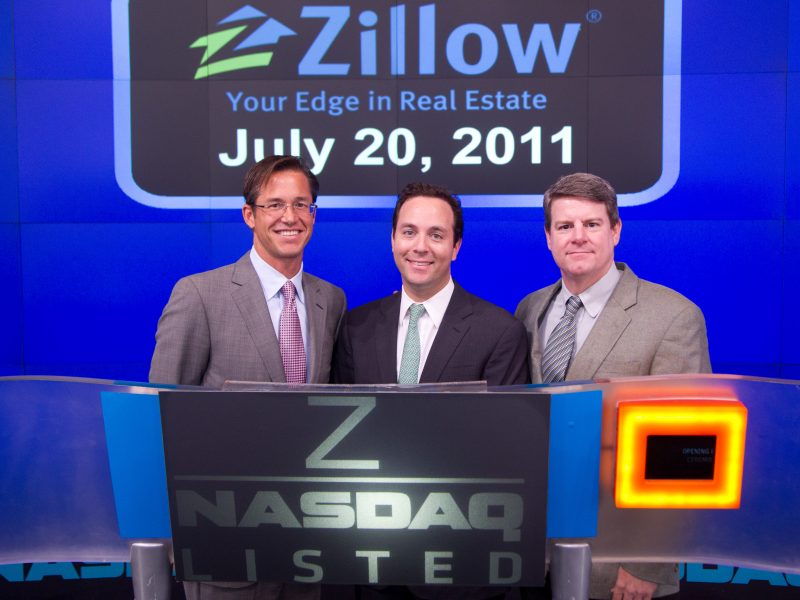
The stake was worth $700 million alone in July, according to Forbes. Barton is the company's largest individual shareholder.
The homebuying website isn't Barton's only source of wealth, however. He has also enjoyed a "series of big paydays" from his other ventures, including workplace review platform Glassdoor, The New York Times reported. Barton and fellow Expedia executive Robert Hohman had the idea for Glassdoor after Barton left the results of a workplace satisfaction survey on a printer in Expedia's office, and Barton's assistant grabbed the printed document to keep it from spreading around the office, according to The Times.
Glassdoor sold to Japanese human resources technology maker Recruit Holdings for $1.2 billion in 2018, but the exact size of Barton's profits are unknown, Geekwire reported at the time.
Barton has also invested in startups, telling The Atlantic's Kevin Maney in 2009 that his investment mantra was: "If it can be rated, it will be rated." Barton has invested in plastic surgery review sit Realself and lawyer review site Avvo, The New York Times reported; he was also a partner at venture capital firm Benchmark, which has invested in Uber and WeWork.
Barton lives in Seattle's luxe Madison Park neighborhood, he wrote on his blog in 2014.
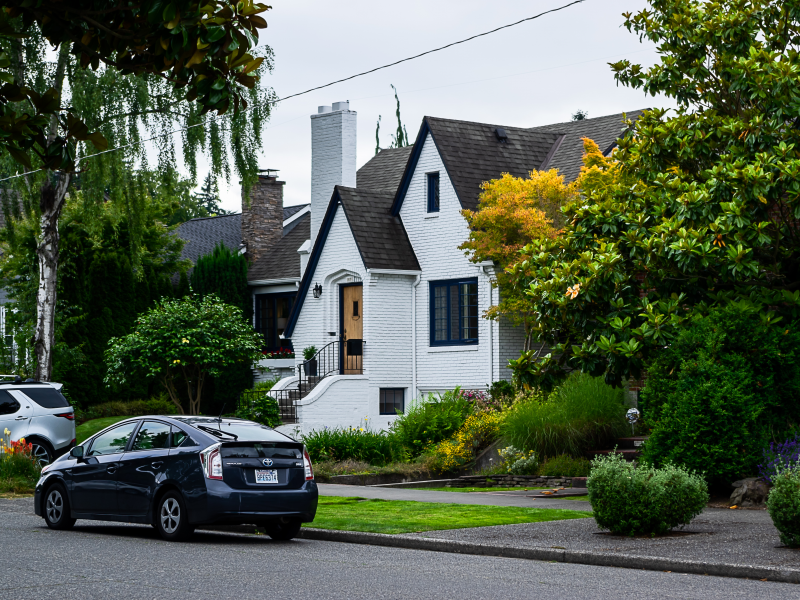
The neighborhood is located in central Seattle and borders Lake Washington, according to Zillow. Typical home values in the area are $1,278,700, per Zillow estimates.
Other residents of the ritzy Seattle neighborhood include Frink, actor Tom Skerritt, and Microsoft executive Craig Mundie, according to Virtual Globetrotting.
Barton prefers Seattle to Silicon Valley, he told The New York Times when asked why he didn't relocate to be closer to his fellow tech founders. "Personally, I like living here better," Barton said of Seattle. "People do other things. I can go to a soccer game, and I'm not standing with the cofounder of this and a venture capitalist at that."

